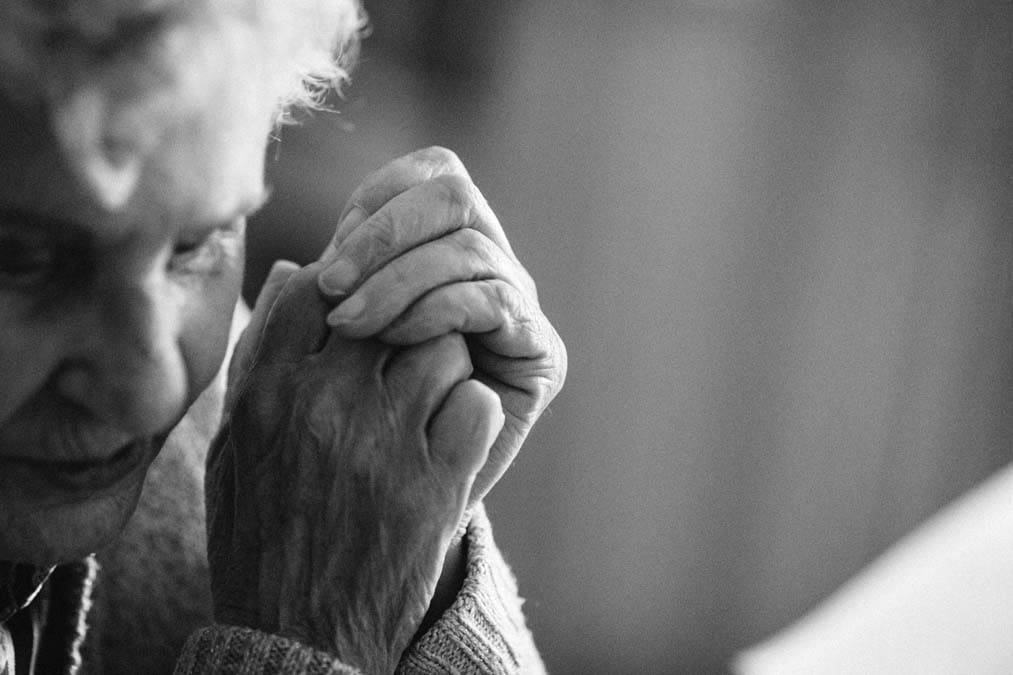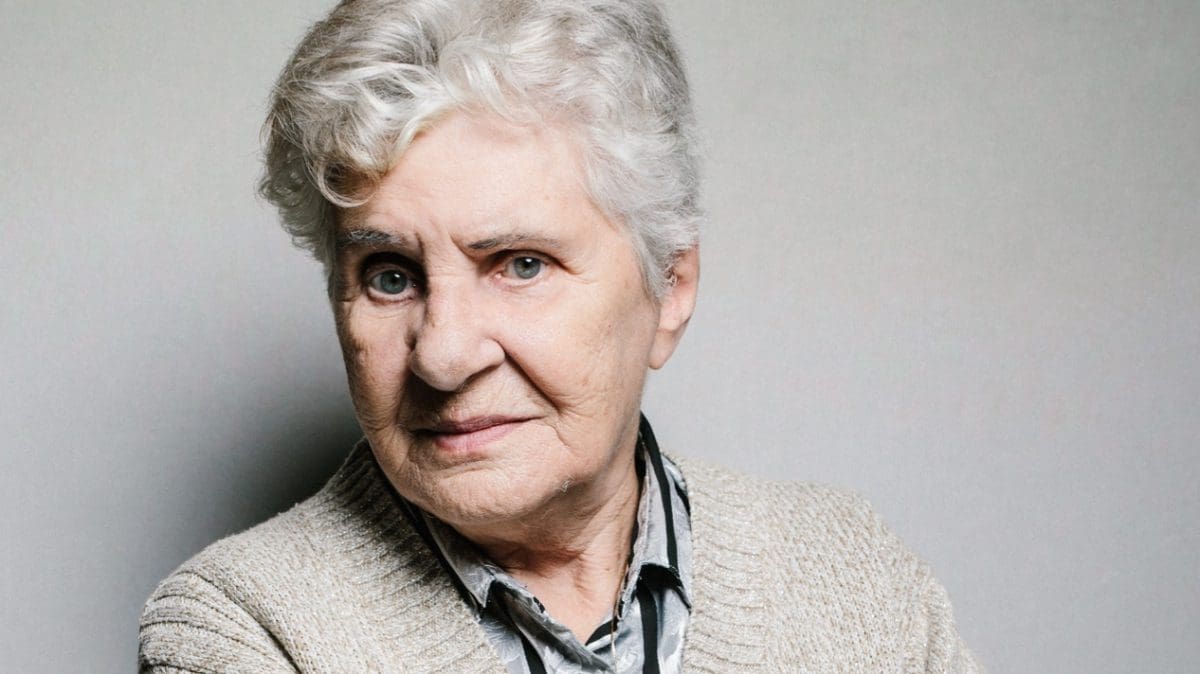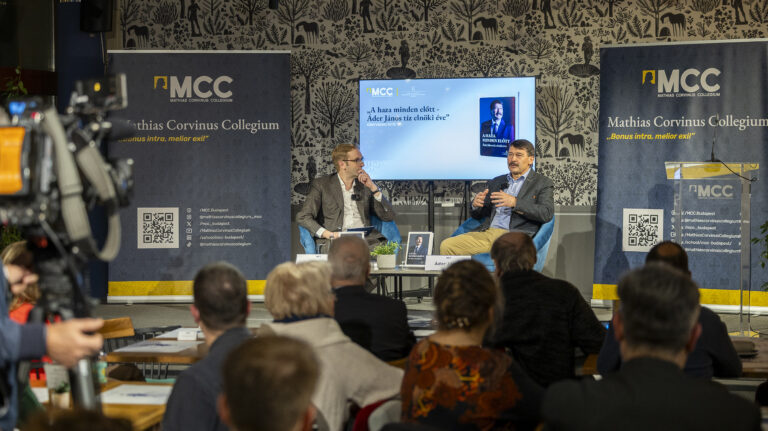Mária Wittner, one of Hungary’s last revolutionaries from 1956, passed away on 14 September, at the age of 85. Today, we remember her life, her dedication to the fight against communist authoritarianism, and the sacrifices she made for Hungary’s freedom. May her courage and commitment to truth be an example for future generations.
Mária Wittner was born in Budapest on 9 June 1937 as one of her mother’s six children. She never knew her father, and from the age of two she was living with and educated by Carmelite nuns. When the order was nationalised, she temporary lived with her mother, but soon she found herself in an orphanage. She dropped out of secondary school, had a child in 1955, whom she brought up as a single mother. In 1956, at the age of 19, Mária Wittner found herself in the middle of the revolution and freedom fight against the Communist dictatorship in Hungary. Despite her young age, she did not hesitate for a second to join the revolutionaries.
From the very first day, Mária Wittner actively participated in the revolutionary struggle. First, she tended to the wounded, but later she grabbed a rifle and fought against the invading Soviets. On 4 November, she was wounded in a street battle and was hospitalised. After the crushing of the revolution she fled to Austria, but she soon decided to return to her homeland. Later, she said she had come back because she was young and naive—she did not think that she would be prosecuted for her involvement in the revolution. After her return, she was arrested on 16 July 1957. Just over a year later, on 23 July 1958, she was sentenced to death for ‘subverting the state order’. She was only 21 when the sentence was handed down. After she spent two hundred days on death row, the Court of Appeals changed her verdict to life imprisonment. She spent the following thirteen years of her life in prison. On 25 March 1970 she was one of the last revolutionaries to be released from prison, upon the softening of the Hungarian communist dictatorship. She was never granted amnesty, however, therefore, even after her release she could only work in menial jobs, such as a cleaner and dressmaker. From 1980 onwards, she was granted disability pension due to disabilities resulting from the injuries she sustained in 1956.

Mária Wittner gained national recognition only after the regime change. She took an active role in organising memorial commissions dedicated to the legacy of 1956, reminding the country of the sacrifices the revolutionaries made for the country’s freedom. Her memoir about the revolution and her years in prison, as well as the documentary film about her life contributed to her fame and good name in Hungary. In 1991 she received the Grand Cross of the Order of Merit of the Republic of Hungary, and the 1956 Memorial Medal, and in 2006 she was presented with the Saint Stephen Award, among many other important and prestigious state recognitions. Between 2006 and 2014 she served as a Fidesz member of parliament. During her time as an MP, she became famous for lashing out at the Hungarian Socialist Party’s (the legal successor of the Hungarian Socialist Workers’ Party) memory politics, which she viewed as an apologist approach to the state socialist one-party dictatorship. In 2006, on the 50th anniversary of the revolution, she gave a powerful speech outside the Parliament, expressing her unwillingness to mark the day together with the Socialist MPs, who held a majority in the National Assembly at the time.
For most Hungarians, Mária Wittner’s name and life’s work symbolise incorruptible love of freedom and dedication to anticommunism. Fidesz said goodbye to their former MP stating that ‘Mária Wittner’s life is an example of Hungarian courage and love of freedom’, while the Institute of Hungarian Research remembered her with the following words: ‘Difficulties and captivity ennobled her into a true free spirit, with whom “the Caiaphases didn’t know what to do”’.







